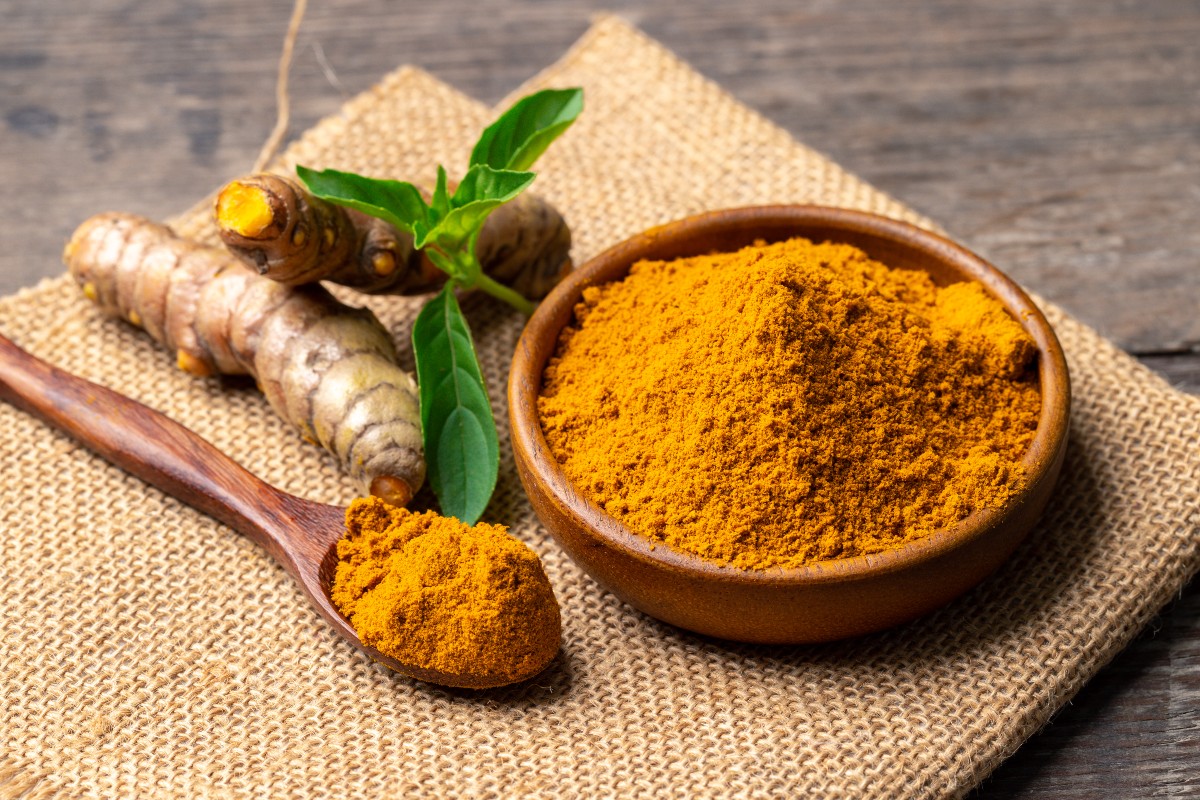Whether you’re approaching the end of your cancer treatment journey or you’ve been in remission for years, eating well helps keep your body healthy. Our healthy diet checklist has a list of cancer-fighting foods you may want to incorporate into your diet.
Healthy Diet Checklist
- Are you eating 3 servings of vegetables and 2 servings of fruit every day?
A serving of vegetables or fruit equals:
- ½ cup cooked vegetables= 1 serving
- 1 cup raw vegetables and fruits = 1 serving
- 2 cups of “fluffy” greens such as lettuce= 1 serving
- ¾ cup 100% fruit or vegetable juice
- ¼ cup dried fruit
- Are you eating at least 3 servings of whole grains every day?
Some examples of one serving of whole grains include:
- A slice of bread
- ½ bagel or roll
- ½ cup brown rice or whole wheat pasta
- Are you eating legumes?
You should eat legumes – such as lentils, navy beans, kidney beans or chickpeas – at least three to five times weekly. These starchy beans and peas are loaded with healthy carbohydrates, fiber and essential nutrients. And plant protein is healthier for your kidneys than animal-based protein.
- Are you eating a large variety whole foods?
The major plant foods you eat include vegetables, fruits, whole grains and legumes (beans). You may need to try new foods to eat many different types. Try hummus – which comes in all sorts of flavors – or make a bean dip for raw veggies. You can even add beans to soups.
Focus on incorporating more of these foods into your diet:
- Citrus fruit: oranges, lemons, limes, tangerines
- Cruciferous vegetables: broccoli, cauliflower, Brussels sprouts, radishes, cabbage, turnips, arugula
- Dark green leafy vegetables: Kale, chard, mustard greens, collard greens, dandelion greens
- Dark, purple-red berries: blueberries, blackberries, strawberries, red cherries, raspberries
Eating frozen fruit is another excellent option – especially in the summer. Frozen fruits may be more cost-effective and won’t spoil in your refrigerator.
- Are you focusing on eating healthy fats?
Healthy fats come from nuts, seeds, avocados, olives, olive oil, canola oil, flax seeds and fish.
- Are you eating too many processed foods?
Processed foods, or anything made in a factory, usually contain unhealthy fats and added sugar. If you regularly eat processed foods, it’s time to reassess and reduce these items.
- Do you cook with a wide variety of spices and herbs?
Spices and herbs (such as oregano, thyme, sage, garlic, rosemary, basil and turmeric) have many disease-fighting properties. If you’re a salt-and-pepper kind of person, experiment with spices and herbs!
- Are you eating healthy probiotic foods every day?
These foods aid digestion, protect against infections and allergies and may even improve immune function. Yogurt is the leading probiotic food in the U.S., but you may also want to try:
- Fresh sauerkraut
- Foods with added cultures (such as Good Culture brand cottage cheese)
- Kefir (yogurt-like, fermented milk drink)
- Kimchi (pickled spicy cabbage)
- Kombucha (fermented sweet tea drink)
- Are you eating healthy prebiotic foods every day?
Prebiotics are high-fiber foods that the probiotics (“good bacteria”) use to grow. Eating plenty of these foods can help promote digestive health, support your immune system and help your body better absorb certain key nutrients.
Some types of prebiotic foods include:
- Almonds
- Asparagus
- Bananas
- Cabbage
- Corn
- Eggplant
- Onion
- Peas
- Raw garlic
- Soy
- Whole grain wheat
- Legumes
- Are you drinking enough water?
Your urine color can help you tell how much water you need. If your urine is a pale straw color, you are likely getting enough water. If your urine is any darker than this, you need more water every day.
Most people should aim to drink half of their body weight in ounces each day. For example, if you weigh 150 lbs., try to drink at least 75 oz. of water each day. If you find it hard to drink plain water, try adding fresh fruit pieces to add flavor.
The importance of exercise for cancer patients
Besides eating right, keeping your body moving during and after cancer treatment is important. Doing so serves two main functions:
- Even after a cancer diagnosis, people who exercise are healthier. Getting regular exercise helps strengthen your heart, lungs and muscles, as well as improve your flexibility. People who exercise during cancer treatment have more stamina, less fatigue and feel better.
- Exercise will help you maintain a healthy weight. Being overweight increases your risk of several types of cancer. So, exercising to stay fit and trim will help keep you healthy.
A cancer-fighting diet comes down to more than just one food. Your whole eating pattern will help your body fight cancer – for now and years to come. Don’t make the mistake of focusing on one food and missing the great cancer-fighting benefits of all the others. Plus, don’t forget to keep your body moving through regular physical activity. Eat well to stay well!
Get Support
If you need help getting healthy during or after cancer treatment, check out the cancer support and survivorship resources that Riverside Health offers.



